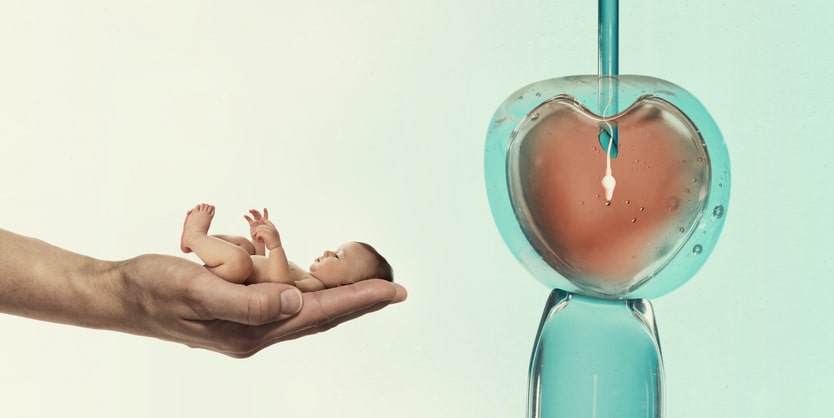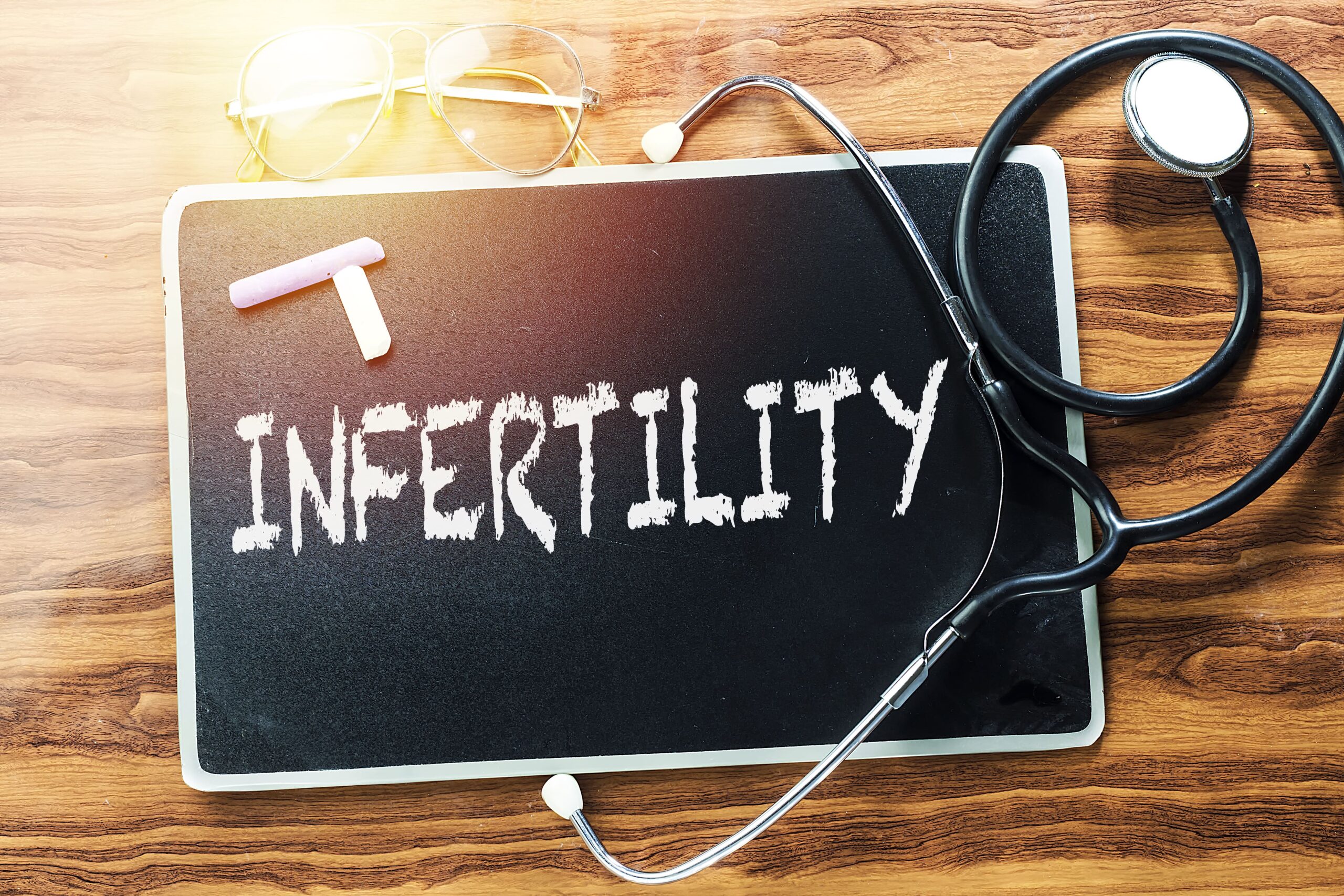Low sperm count, medically known as oligospermia, is a condition that affects many men and can significantly impact fertility. While it may not always prevent conception, it can make the journey to parenthood more challenging. Understanding the signs and symptoms, identifying the underlying causes, and exploring treatment options are essential steps for anyone facing this issue. This article delves into the intricacies of low sperm count, including its signs, causes, and potential treatments, while also addressing common concerns such as the impact of marijuana use on sperm health.
Signs and Symptoms of Low Sperm Count
Recognizing the signs of low sperm count is crucial for early intervention and treatment. While many men may not exhibit noticeable symptoms, there are several indicators that could suggest a problem.
Primary Indicator: Infertility
The most significant sign of low sperm count is difficulty in achieving pregnancy after a year of unprotected intercourse. If a couple has been trying to conceive without success, it may be time to consult a healthcare professional for a thorough evaluation.
Other Possible Symptoms of Low Sperm Count
In addition to infertility, men with low sperm count may experience other symptoms related to underlying health issues. These can include:
- Erectile Dysfunction: Difficulty in achieving or maintaining an erection can be a sign of hormonal imbalances or other health conditions.
- Difficulty conceiving after 12 months of unprotected sex :This is the most reliable indicator, recognized by the World Health Organization (WHO, 2021).
- Low Libido: A noticeable decrease in sexual desire may indicate hormonal issues affecting sperm production.
- Testicular Discomfort: Pain, swelling, or lumps in the testicular area can signal underlying medical conditions that may impact sperm health.
- Changes in Hair Growth: Reduced facial or body hair may suggest hormonal imbalances or genetic conditions affecting fertility.
Psychological Impact
The emotional toll of infertility can also manifest in stress, anxiety, and depression. Men facing challenges with sperm count may experience feelings of inadequacy or frustration, which can further complicate their mental health.
Causes of Low Sperm Count
Understanding the various factors that contribute to low sperm count is essential for effective treatment. The causes can be broadly categorized into medical, environmental, and lifestyle factors.
Medical Conditions
Several medical conditions can lead to low sperm count, including:
- Hormonal Disorders: Imbalances in hormones such as testosterone can significantly affect sperm production.
- Varicocele: This condition involves swollen veins in the scrotum, which can increase testicular temperature and impair sperm production.
- Infections: Certain infections, including sexually transmitted infections (STIs) and urinary tract infections, can affect sperm health and production.
- Genetic Disorders: Conditions like Klinefelter syndrome can lead to abnormal testicular development and reduced sperm production.
Environmental Factors
Exposure to environmental toxins can also play a role in low sperm count. These include:
- Chemicals: Pesticides, heavy metals, and industrial pollutants can negatively impact sperm health.
- Heat Exposure: Prolonged exposure to high temperatures, such as from hot tubs or saunas, can impair sperm production.
Lifestyle Choices
Lifestyle factors are significant contributors to low sperm count. These include:
- Substance Abuse: Excessive alcohol consumption, smoking, and the use of recreational drugs can adversely affect sperm production.
- Obesity: Being overweight can lead to hormonal imbalances that impact fertility.
- Stress: Chronic stress can disrupt hormone levels and negatively affect sperm health.
These measures improve overall health and may help sperm quality, but they are not stand-alone treatments.
Treatment Options for Low Sperm Count
If diagnosed with low sperm count, various treatment options are available, depending on the underlying cause. Here are some common approaches:
Lifestyle Modifications
Making positive lifestyle changes can significantly improve sperm health. Recommendations include:
- Healthy Diet: Consuming a balanced diet rich in fruits, vegetables, whole grains, and lean proteins can support overall reproductive health.
- Regular Exercise: Maintaining a healthy weight through regular physical activity can help regulate hormone levels.
- Avoiding Toxins: Reducing exposure to environmental toxins and avoiding excessive heat can protect sperm health.
Medical Treatments
Depending on the underlying cause, medical treatments may be necessary:
- Hormonal Therapy: For men with hormonal imbalances, medications may be prescribed to regulate hormone levels and stimulate sperm production. These treatments are typically recommended when blood tests confirm a hormonal imbalance.
- Surgery: Surgical options may be available for conditions like varicocele or blockages in the reproductive tract. It improves semen parameters and spontaneous pregnancy rates (Cochrane Review, 2021).
- Antibiotics: If an infection is identified, antibiotics can help clear the infection and potentially improve sperm count.
- Intracytoplasmic sperm injection (ICSI): A single sperm is injected into an egg—highly effective for severe oligospermia.
These methods are considered gold standard options according to the American Society for Reproductive Medicine (ASRM, 2021) and European Association of Urology (EAU, 2024).
Assisted Reproductive Technologies
When sperm counts are very low, advanced fertility treatments are often the most effective. In such cases, assisted reproductive technologies (ART) may be recommended.
- Intrauterine Insemination (IUI): This procedure involves placing prepared sperm directly into the uterus during ovulation to increase the chances of fertilization.
- In Vitro Fertilization (IVF): IVF involves retrieving eggs from the ovaries, fertilizing them with sperm in a laboratory, and transferring the resulting embryos into the uterus. Intracytoplasmic sperm injection (ICSI) may be used in conjunction with IVF to directly inject a single sperm into an egg.
What About Natural Remedies?
Pomegranate juice, green tea, and antioxidant supplements are often promoted as fertility boosters.
Some studies suggest they may reduce oxidative stress in sperm, but there is no strong clinical evidence that they increase pregnancy or live birth rates. These can be considered general wellness tips, but they are not medical treatments.
Does weed lower sperm count?
A common concern among men is whether marijuana, also known as weed, affects sperm count. Research indicates that marijuana can have a negative impact on sperm health. Studies have shown that regular cannabis use may lead to lower sperm concentration and motility, potentially hindering fertility (du Plessis et al., Andrology, 2020). The psychoactive component of marijuana, THC, can disrupt hormone balance and spermatogenesis. For men trying to conceive, most experts recommend limiting or avoiding cannabis.
Recommendations for Cannabis Users
For men trying to conceive, it may be advisable to limit or eliminate marijuana use. If you are a regular user and are experiencing fertility issues, consider discussing your habits with a healthcare professional to explore potential impacts on your reproductive health.
How Can Fertilite Center help?
Fertilite Center provides personalized diagnosis and treatment for low sperm count, offering advanced testing, targeted therapies, and access to modern reproductive technologies like IUI, IVF, and ICSI. Their expert team supports patients through every step to improve fertility and increase the chances of conception.
Conclusion
Low sperm count is a common issue that can significantly impact male fertility. By understanding the signs and symptoms, identifying potential causes, and exploring treatment options, men can take proactive steps toward improving their reproductive health. Whether through lifestyle modifications, medical interventions, or assisted reproductive technologies, there are effective solutions available. Each case is unique: the best step is a full evaluation by a fertility specialist. If you suspect you may have a low sperm count, consulting a healthcare professional is the first step toward addressing the issue and achieving your family planning goals.
Frequently Asked Questions
1. What is the main cause of low sperm?
The main cause of low sperm count is often hormonal imbalances, which can disrupt the production and development of sperm. Other common causes include varicocele (enlarged veins in the scrotum), certain infections, and lifestyle factors such as smoking, excessive alcohol use, obesity, and prolonged heat exposure. Identifying the specific cause is crucial for choosing the most effective treatment.
2. Can I still get pregnant with a low sperm count?
Yes, many men with low sperm counts can still conceive naturally, although it may take longer. Assisted reproductive technologies can also enhance the chances of conception.
3. What drink can increase sperm count?
Pomegranate juice is often recommended for boosting sperm count because it’s rich in antioxidants that protect sperm from damage and support healthy production. Other beneficial drinks include water (to maintain hydration), green tea (in moderation for its antioxidants), and smoothies with fertility-friendly ingredients like spinach, berries, and nuts.
4. Can you fix having a low sperm count?
Yes, in many cases, low sperm count can be improved or even reversed, depending on the underlying cause. Treatments may include lifestyle changes, medications to correct hormonal imbalances, surgery for conditions like varicocele, or assisted reproductive technologies such as IVF and ICSI when natural conception is difficult.
5. What are the signs of weak sperm?
Signs of weak sperm often include difficulty achieving pregnancy despite regular, unprotected intercourse for a year or more. Other possible indicators are low sperm motility or abnormal sperm shape, which are usually detected through a semen analysis rather than visible symptoms. In some cases, underlying issues like hormonal imbalances, erectile dysfunction, or reduced libido may also be present.
REFERENCES:
https://my.clevelandclinic.org/health/diseases/22477-oligospermia-low-sperm-count
https://www.mayoclinic.org/diseases-conditions/low-sperm-count/symptoms-causes/syc-20374585
https://www.healthline.com/health/infertility/low-sperm-count
https://www.nm.org/healthbeat/healthy-tips/is-your-sperm-count-shrinking
https://www.pfcla.com/blog/low-sperm-count-treatment
World Health Organization. WHO Laboratory Manual for the Examination and Processing of Human Semen. 6th edition, 2021.
EAU Guidelines on Male Infertility. European Association of Urology, 2024.
Schlegel PN, Sigman M, Collura B, et al. Diagnosis and Treatment of Infertility in Men: AUA/ASRM Guideline. 2021.
Kroese AC, et al. Varicocele treatment for subfertility in men. Cochrane Database of Systematic Reviews. 2021.
Agarwal A, et al. Lifestyle causes of male infertility. Human Reproduction Update. 2020;26(6):794-816.
du Plessis SS, et al. Cannabis and male fertility: a systematic review. Andrology. 2020.
Sikka SC, et al. Lifestyle factors and reproductive health. Fertility and Sterility. 2019.




